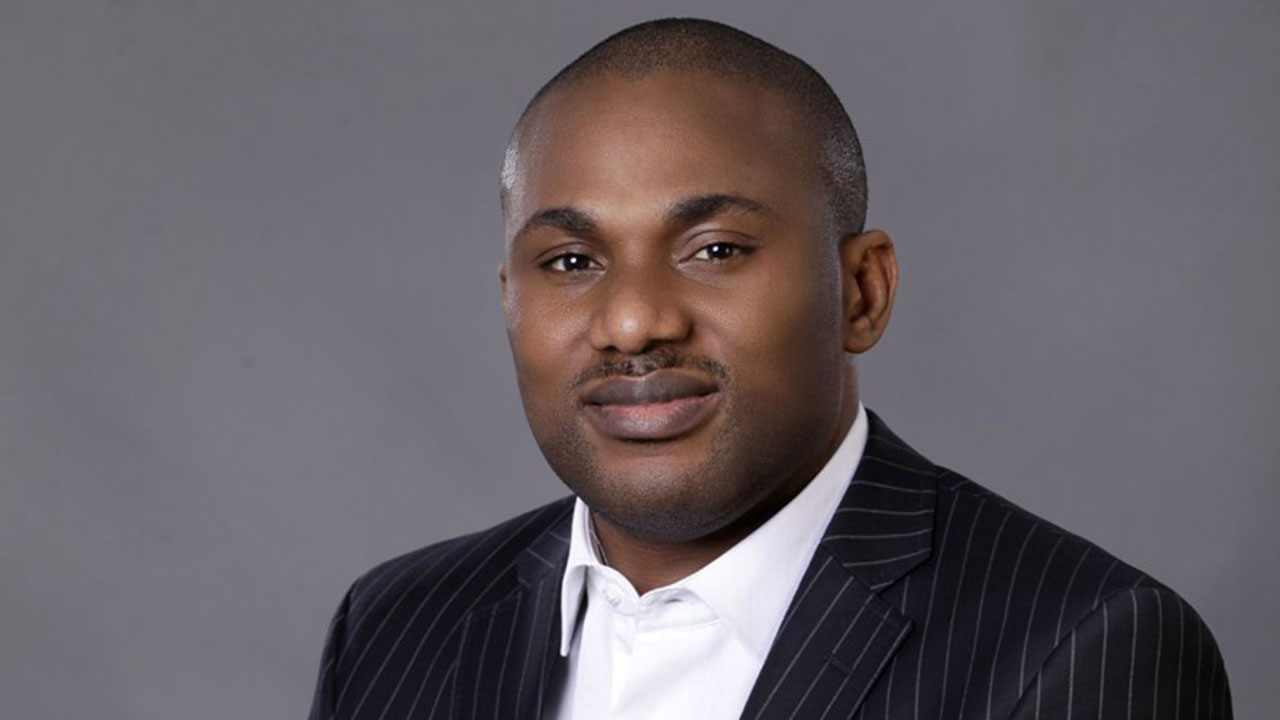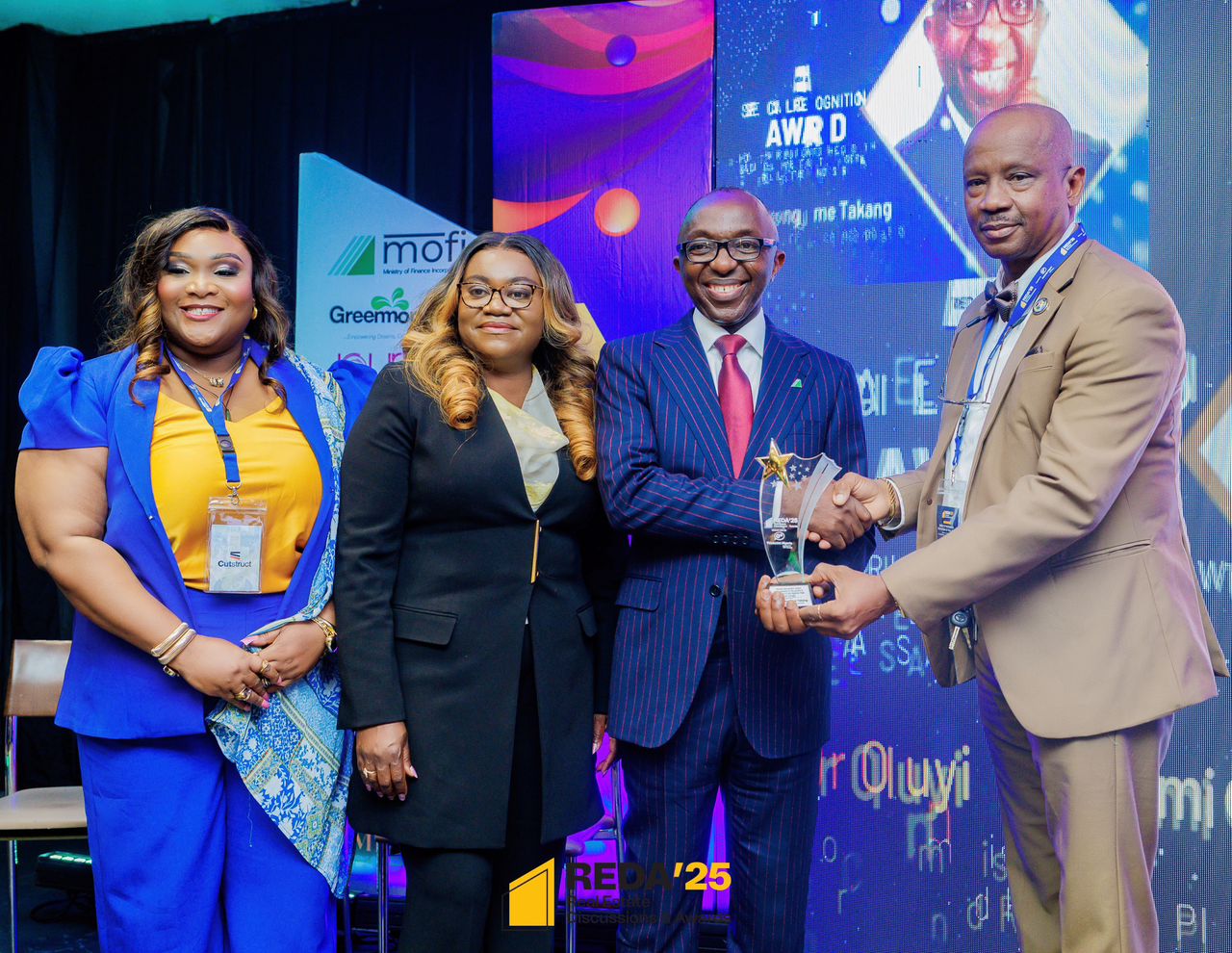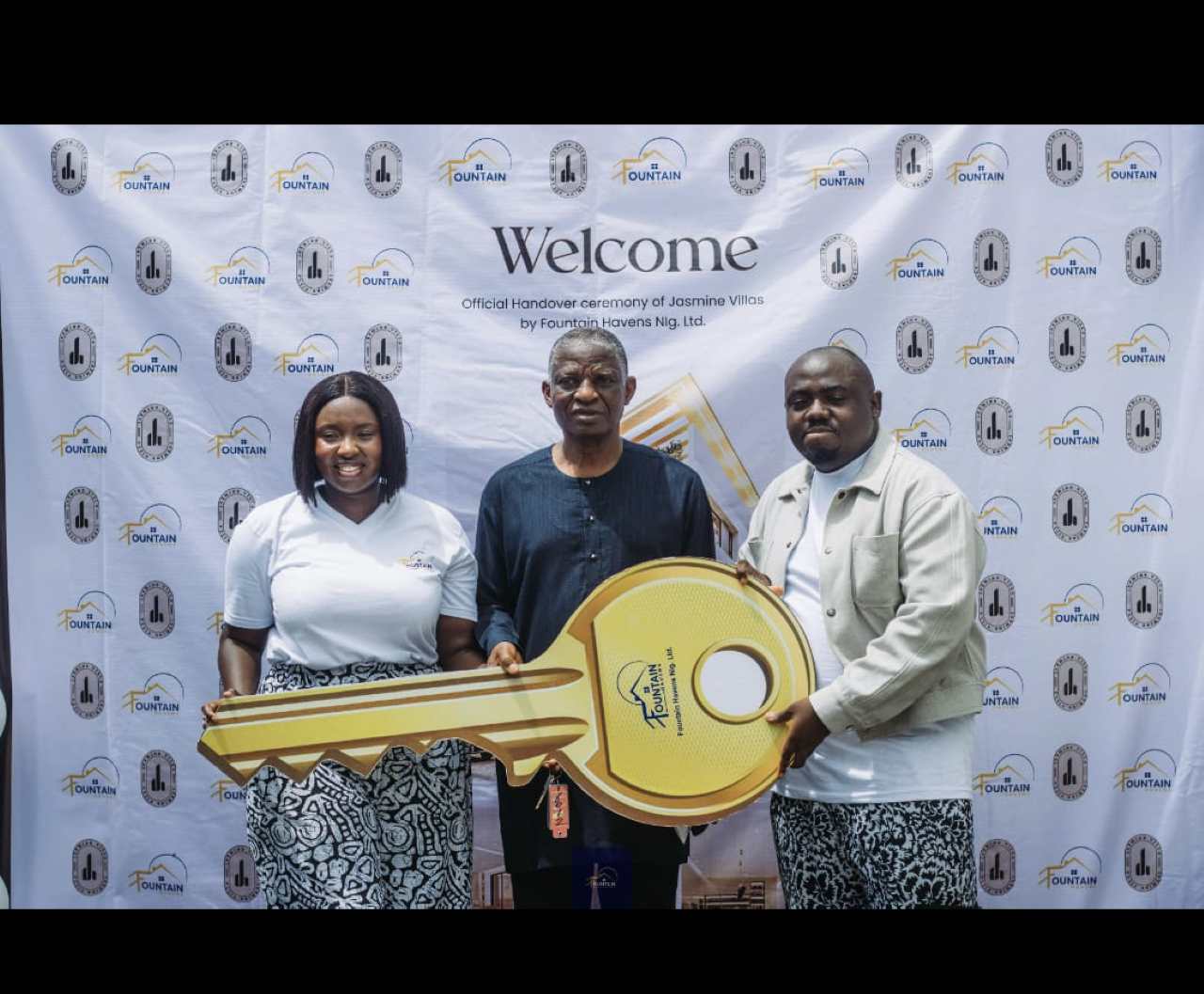
In view of the transformative power of new technology, practicing engineers have been advised to develop capacity for the application of Artificial Intelligence (AI) in the building design, manufacturing and product design.
The Founder/Chief Executive Officer, Data Science Nigeria, Dr. Olubayo Adekanmbi, gave the charge at a webinar entitled: “Generating anything with Artificial Intelligence: Building impactful solutions with large language models” organised by the Nigerian Academy of Engineering (NAEng) in Lagos.
Adekanmbi, who disclosed that investors’ interest in generative AI soars in 2023 with an estimated $14.1 billion funding in 86 deals as against $1.2 billion funding in 2019 for 59 deals, emphasised that architects and building developers can auto-generate architectural plans based on building location, climate conditions, and budgets through generative AI applications in engineering and building design.
He stated that with required skills and capacity, professionals can deploy generative Al to help project developers and engineers optimise the build-out of solar farms, heat pumps, water systems, and other infrastructure.
Adekanmbi explained that for the manufacturing and product design, engineers and designers can use generative ‘Al’, to accelerate the design and development of parts and components.
On the use of Chat Generative Pre-training Transformer, (ChatGPT), a software that allows a user to ask questions using conversational, or natural language, he told the senior engineers that the most basic training of language models involves predicting a word in a sequence of words, adding that most commonly; this is observed as either a next-token-prediction or masked-language-modeling.
He added that the rules for prompt engineering include inputting a clear and specific prompt, use of concise language, giving as much context as possible; ensure proper grammar and testing various outputs.
However, he warned that there are ethical concerns on Generative AI. These, he said, include lack of transparency, biased responses, inaccuracy, privacy concerns and intellectual property (IP) issues.
Earlier, the President, Nigerian Academy of Engineering, Prof. Peter Onwualu, urged members to put into practice knowledge gained from the forum and also advised them to key into the engineering innovation competition of the academy.
He further called on members to bring on board professional engineers across fields to join the academy for inclusiveness.





